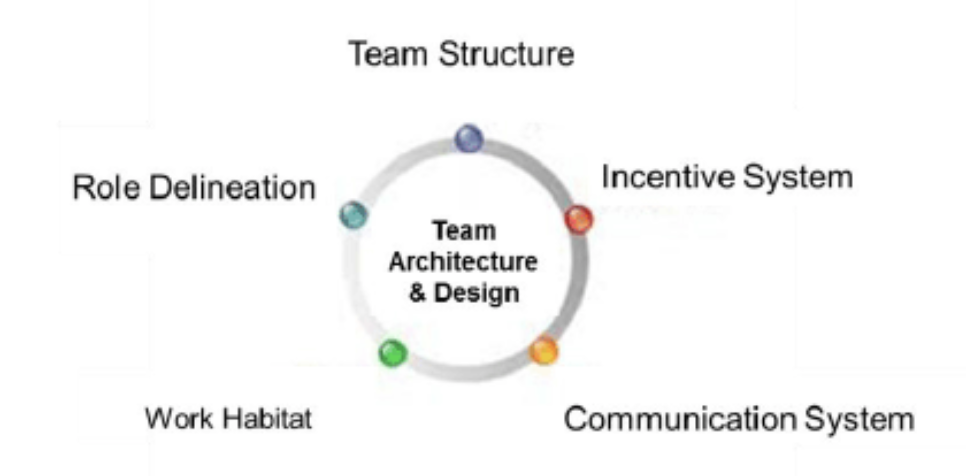Team Architecture


Role Delineation I Task Assignment I Re-Balancing
As a business grows and expands, role clarity and delineation of duties / tasks continues to be one of the primary concerns of advisory teams seeking to take their practice to the next level of productivity and performance. However, the failure to delegate and holding people mutually accountable to their commitments continues to be one of more sensitive and important issues facing Team Leaders today. To achieve a team culture of empowered stakeholders unified behind a common team vision many times requires a re-examination of some basic team management and leadership principles.
Team Structure I Organizational Charts
“An team’s organizational structure consists of activities such as task allocation, coordination and supervision, which are directed towards the achievement of organizational aims. It can also be considered as the viewing glass or perspective through which individuals see their organization and its environment. An organization can be structured in many different ways, depending on their objectives and works best when aligned with the team’s desire “Client Standard of Care.” The structure of an organization will determine the modes in which it operates and performs.
Organizational structure allows the expressed allocation of responsibilities for different functions and processes to different entities such as the branch, department, work group or individual. Organizational structure affects organizational action in two big ways. First, it provides the foundation on which standard operating procedures and routines rest. Second, it determines which individuals get to participate in which decision-making processes, and thus to what extent their views shape the organization’s actions.” (source: wikipedia)
Team Compensation I Incentive & Recognition System
The issue of how to fairly compensate members of a team is a recurring theme and is one of the most often asked questions by team leaders. Some core elements related to fair and effective team compensation when moving to a team format can include:
“Pay me what I bring”: each team contributor or partner may want to maintain their income, titles and so on.
“Pay me for what I do”: each team contributor or partner may want to be compensated for what their day to day application of time, energy and talent is worth to the team.
“Pay me good-will”: some team members will have circumstances that may require some flexibility or mechanism for compensating for “good-will”.
Communication Protocols I Meeting System
An effective team communication & meeting system is the “oxygen” of a team. High Performance Teams run on institutionalized and open communication. As a team leader, do you ever wonder why your team misses goals, has disharmony or why team members fail to follow through on their commitments? Perhaps the team reflects the line from the movie Cool Hand Luke, “What We Have Here, Is Failure to Communicate!”
Work Habitat I Capacity Stress Testing I Team Health I Life Balance
Performance-focused leaders invest heavily in those things that enable targets to be met quarter by quarter, year by year. What they tend to neglect, however, are investments in their team’s health, work/life balance and renewal, the investments in the team that need to be made today in order to “survive and thrive” tomorrow.
